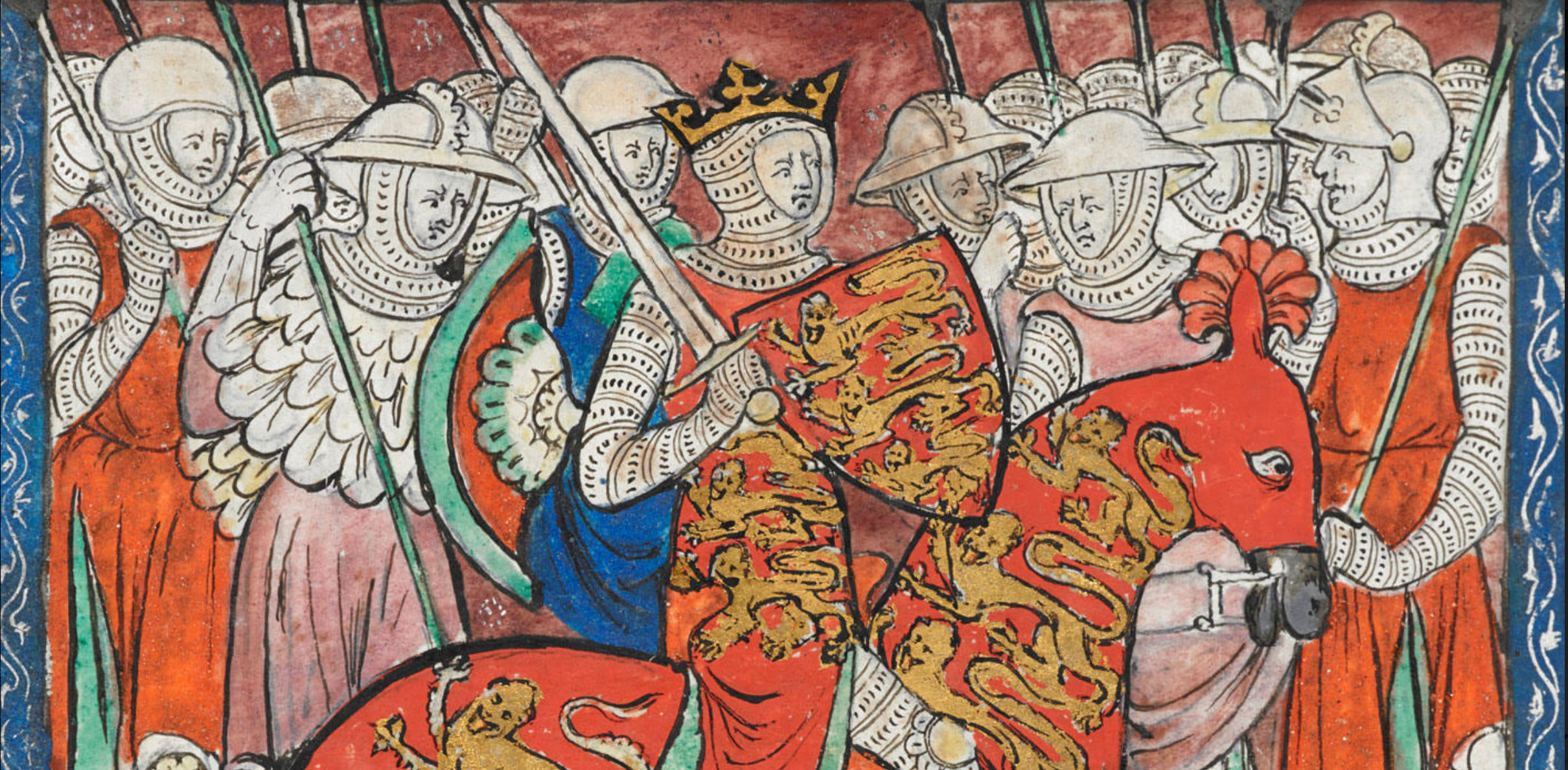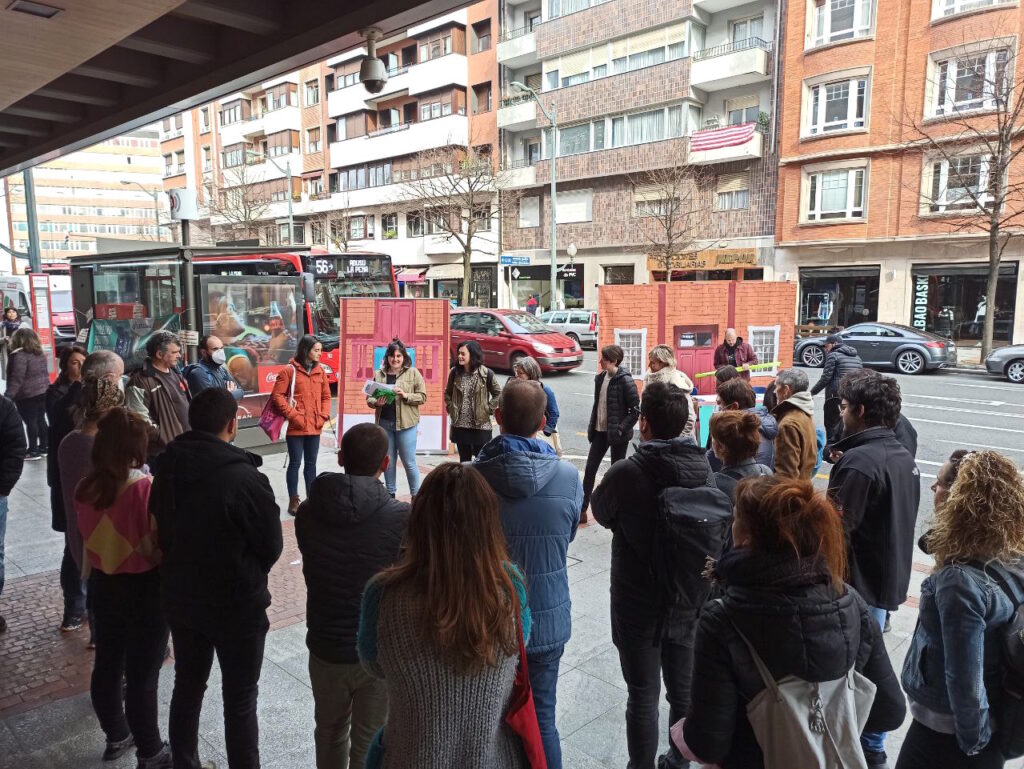Proletari, 2,000 years ago and now
- The word "proletarian" appears for the first time in a work written by Aulus Gellius at the time of the Roman empire: people without property registered their children, forming the lowest social class of Roman society. From there, the proletarian word made its own journey.

Rome, h. C. 2nd century. Lawyer and writer Aulus Gellius completed the play Attica's nights in the mandate of the Marco Aurelio. It is the only known work of the writer and in it he collects everything he heard and read in his books: history, geometry, grammar, philosophy… This has allowed us to know lost works and documents.
In this work the word proletariat appears on several occasions: It appears when it refers to the Law of the Twelve Tables, for example, and uses it metaphorically when it speaks of superior writers to describe the inferior ones. In fact, the word proletarius comes from the prole – the lineage or the descendants, in Latin – and means “who does or cares for children”.
Although the term emerged at the time of the Republic, it gained strength in the Roman Empire. Citizens who lacked all kinds of goods recorded their children in the census, and thus the proletarians formed the sixth group of Roman society, the lowest class, whose only contribution was the production of soldiers for the Roman army.
In post-industrial society, the proletarian has joined other terms: the present proletarians are often “cognitive”, with only knowledge, since knowledge is the workforce of the new markets.
Although it ceased to be used in the Middle Ages, it appeared in 16th-century England to re-name the lower class. And in the French Revolution they added new nuances: the proletarians were workers without rights, but with awareness of their situation. In the early 19th century, for Henry of Saint Simon, they were a landless mass and for Louis A. Blanqui considered them antagonistic to the capitalists. Of course, years later, Friedrich Engels and Karl Marx highlighted this antagonismo.En the Communist manifesto, the proletarianism is a social class that does not own the means of production, but its workforce.
However, the term did not lose its etymological origin; in the proletarian state, women would have control of their bodies and their reproduction. Lenin himself, for example, already before the October Revolution, claimed abortion and in 1920 the Soviet Union was the first to legalize abortion.
In post-industrial society, the proletarian has joined other terms: the present proletarians are often “cognitive”, who have only knowledge, since knowledge is the workforce of the new markets. Or also the word “precarious” has become synonymous with proletarian for lack of job security and rights.
But the Roman sense of the proletarianization is of all force. Recently made possible by the US Supreme Court, several states have decided to ban and punish abortion. Women without more goods are mere means of production used to feed the legions of the empires of the twenty-first century.
Hastings (England), 1066. The army of the Duke of Normandy I of Gil conquered the troops of King Harold II and conquered the throne. Gil's conqueror I was king until 1087.
In this reign after the Norman conquest, the rebellion organized uprising, effective administration and the... [+]
Rent 338 euros or buy 119,000 euros. This is what a woman between 18 and 44 years old can afford on average to live on her own in the CAPV. In any case, since the housing reserve will not exceed 30 per cent of the income. They are data from the Basque Government, and, as they... [+]
I have been talking to a colleague of all the aids to reduce the ‘digital divide’: from the private sector, from Europe, from the state, from the government… Among the quotation marks I place the digital divide, as many problems that existed before its implementation are... [+]
























